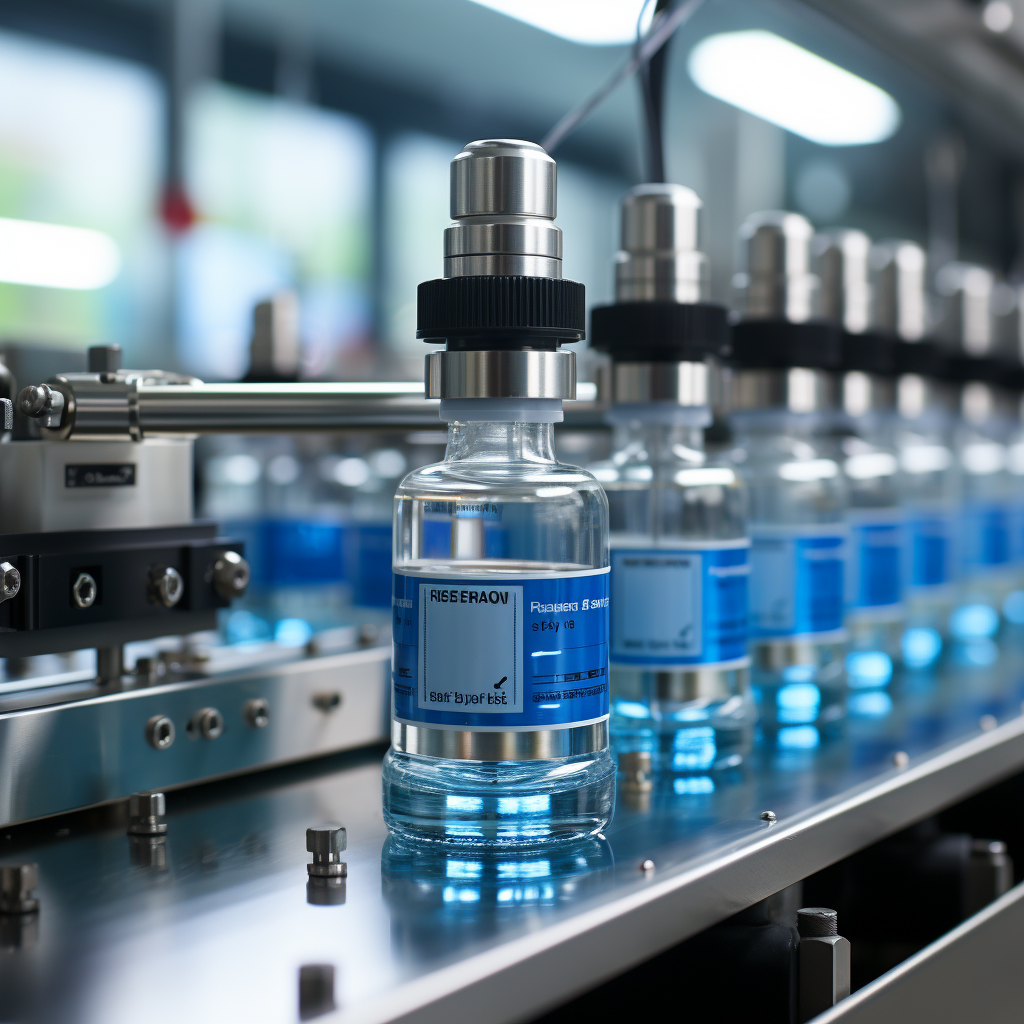
11 Dec Choosing the Right Bottle Filling Machine Key Considerations for Buyers
In the vast landscape of manufacturing, the role of bottle filling machines is paramount, especially in industries as diverse and dynamic as pharmaceuticals, food production, and beverages. These machines are the backbone of efficient production, ensuring precise dispensing of liquids into bottles, vials, and containers. For those embarking on the journey of selecting the perfect bottle filling machine, a complex web of critical considerations awaits. This article sets out to explore these considerations, offering valuable insights tailored to prospective buyers.
II. Precise Liquid Volume Control Of Liquid Filling Machines
In the realm of manufacturing, precise control over liquid volumes stands as a pivotal function of bottle filling machines. Across numerous industries, particularly in pharmaceuticals, specialty beverages, and cosmetics, ensuring the accuracy of liquid volumes within each bottle is of paramount importance. This not only pertains to product quality and consistency but also encompasses compliance with regulatory requirements.
The liquid volume control capability of bottle filling machines typically relies on highly precise instrumentation and technology. These machines are often equipped with flow meters, liquid level sensors, and precision pumps to ensure that each bottle contains the exact volume of liquid. Flow meters monitor the rate of liquid flow, liquid level sensors ensure uniformity in liquid height within bottles, and precision pumps guarantee the injection of liquid at accurate rates and precision.
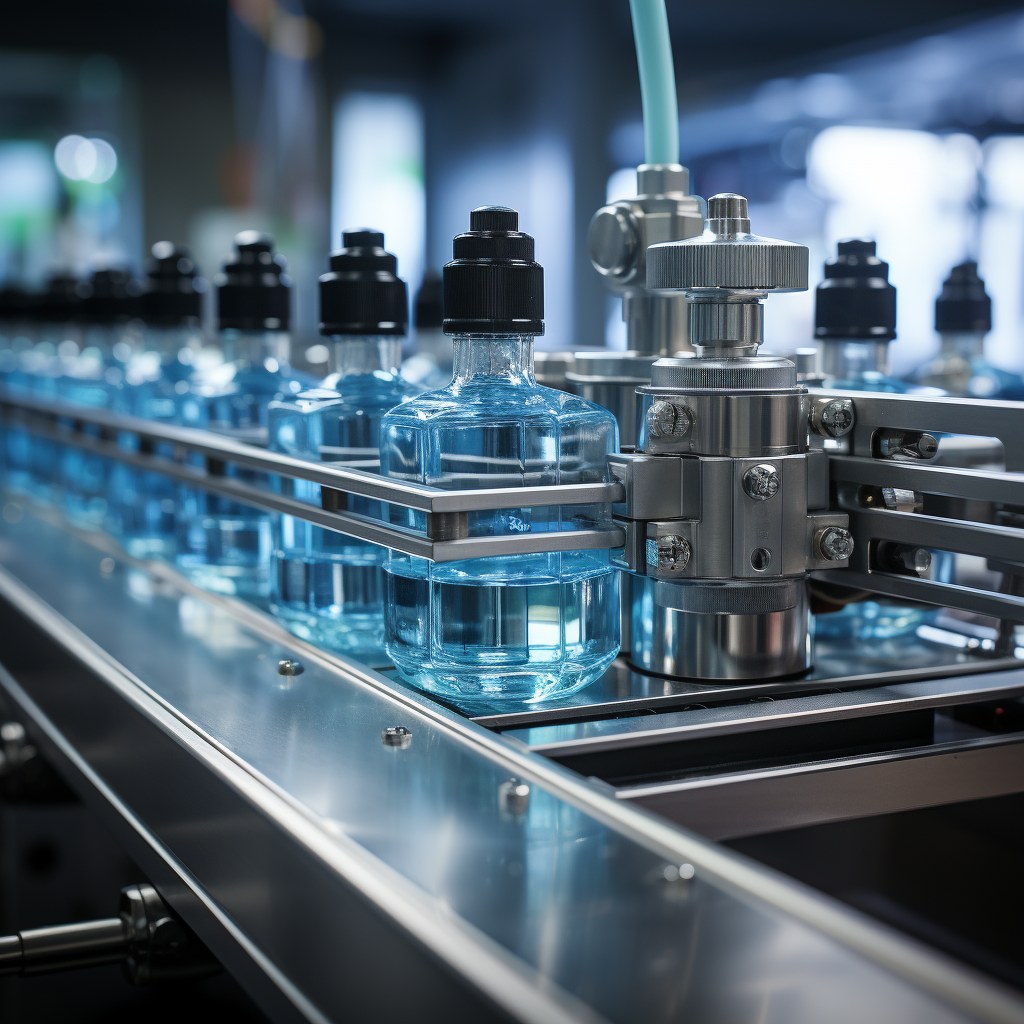
Especially in the pharmaceutical sector, dosage precision is often critical as patient safety and efficacy depend directly on the accurate dosage of medications. Therefore, pharmaceutical companies need to seek out bottle filling machines that can provide ultra-high precision, ensuring that the dosage of medication in each vial is exact.
Furthermore, liquid volume control is closely tied to production efficiency and cost-effectiveness. By ensuring that the liquid volume in each bottle complies with specifications, manufacturers can reduce liquid wastage, enhance production efficiency, and lower costs.
In summary, precise liquid volume control is not only a crucial factor for production quality but also has far-reaching implications for compliance, cost-effectiveness, and production efficiency. For buyers purchasing bottle filling machines, this is paramount, and they should carefully assess the machine’s liquid volume control capabilities to ensure it meets their needs.
III. Adaptability to Diverse Bottle Dimensions Of Liquid Filling Machine
When buyers embark on the journey to find the perfect bottle filling machine, they often encounter the multifaceted challenge of accommodating a wide range of bottle dimensions. The machine’s ability to effortlessly transition from filling small vials to larger containers serves as a testament to its versatility. For manufacturers who produce an array of products with varying packaging needs or those with aspirations to diversify their product lines in the future, the importance of seeking out these chameleonic machines cannot be overstated.
In the flexibility of these machines, there lies not only convenience but also the potential for substantial savings in both time and resources. As production needs evolve or expand, the ability to adapt to diverse bottle dimensions ensures that manufacturers can continue to meet market demands without the need for extensive retooling or investments in new equipment. This adaptability not only streamlines operations but also enhances cost-effectiveness, allowing businesses to thrive in an ever-changing market landscape.
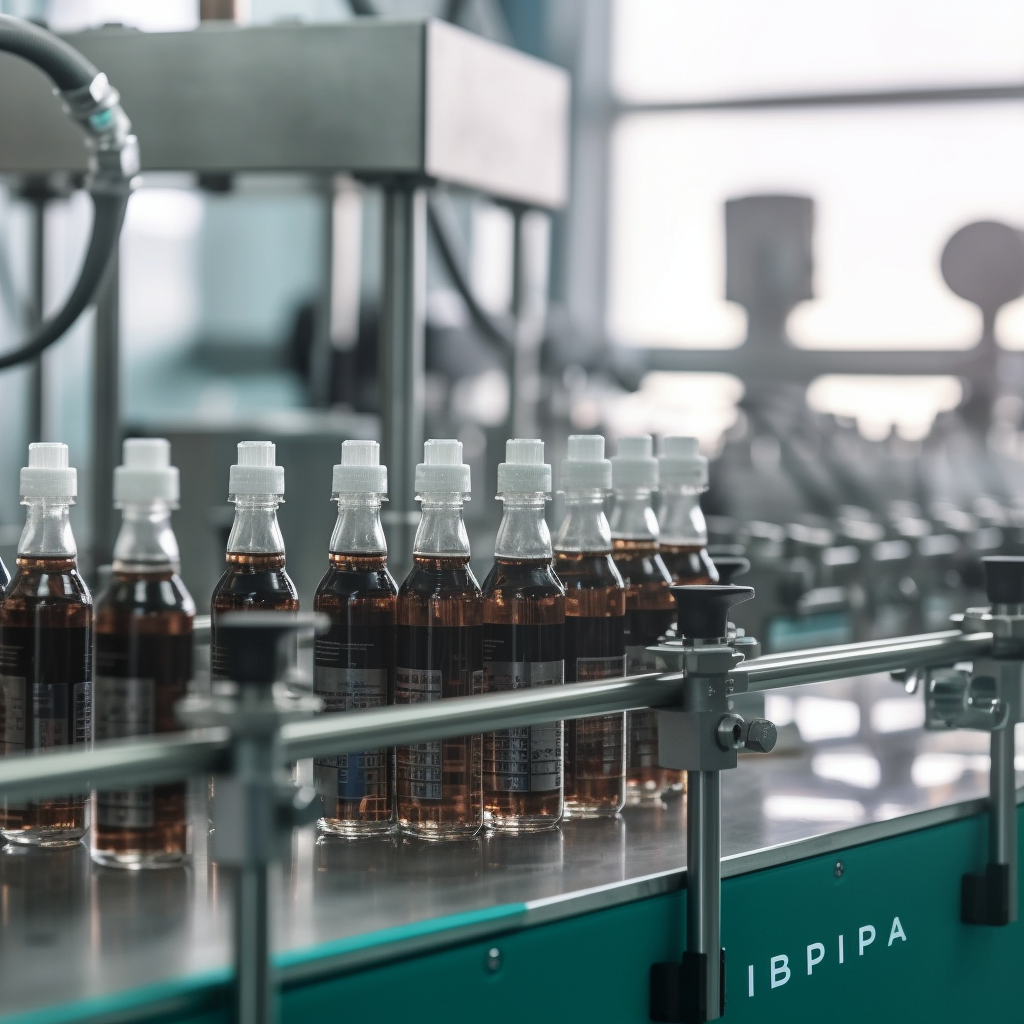
The versatility of liquid bottle filling machine ensures that manufacturers can seamlessly transition between different bottle dimensions, accommodating the dynamic packaging requirements of their products. Whether it’s filling small bottles, vials, or larger containers, these adaptable machines provide the agility needed to stay competitive in the modern manufacturing landscape.
IV. Hygiene and Sanitary Considerations of Liquid Bottle Filling Machine
In industries where uncompromising purity and sanitation are prerequisites, such as food production and pharmaceuticals, the cleanliness of bottle filling equipment assumes paramount importance. Manufacturers and buyers alike scrutinize these machines with meticulous attention, evaluating their design and construction for ease of cleaning and maintenance. The objective is crystal clear – to ensure that every liquid-filled container emerges as the epitome of purity and integrity, in strict adherence to the most stringent regulatory standards. Machines crafted from materials conducive to impeccable hygiene reign supreme.
Furthermore, the design of these machines often incorporates features such as quick-release clamps and tool-free disassembly, allowing for efficient cleaning and minimizing downtime. CIP (Clean-In-Place) systems are also frequently integrated into modern bottle filling equipment, automating the cleaning process and reducing the risk of human error.
In essence, hygiene and sanitary considerations are of paramount importance in industries where product purity is sacrosanct. Manufacturers and buyers must prioritize equipment that not only meets regulatory requirements but also simplifies the meticulous task of maintaining a pristine production environment. Machines constructed with hygiene in mind not only safeguard product integrity but also enhance operational efficiency, making them indispensable in sectors where cleanliness is king.
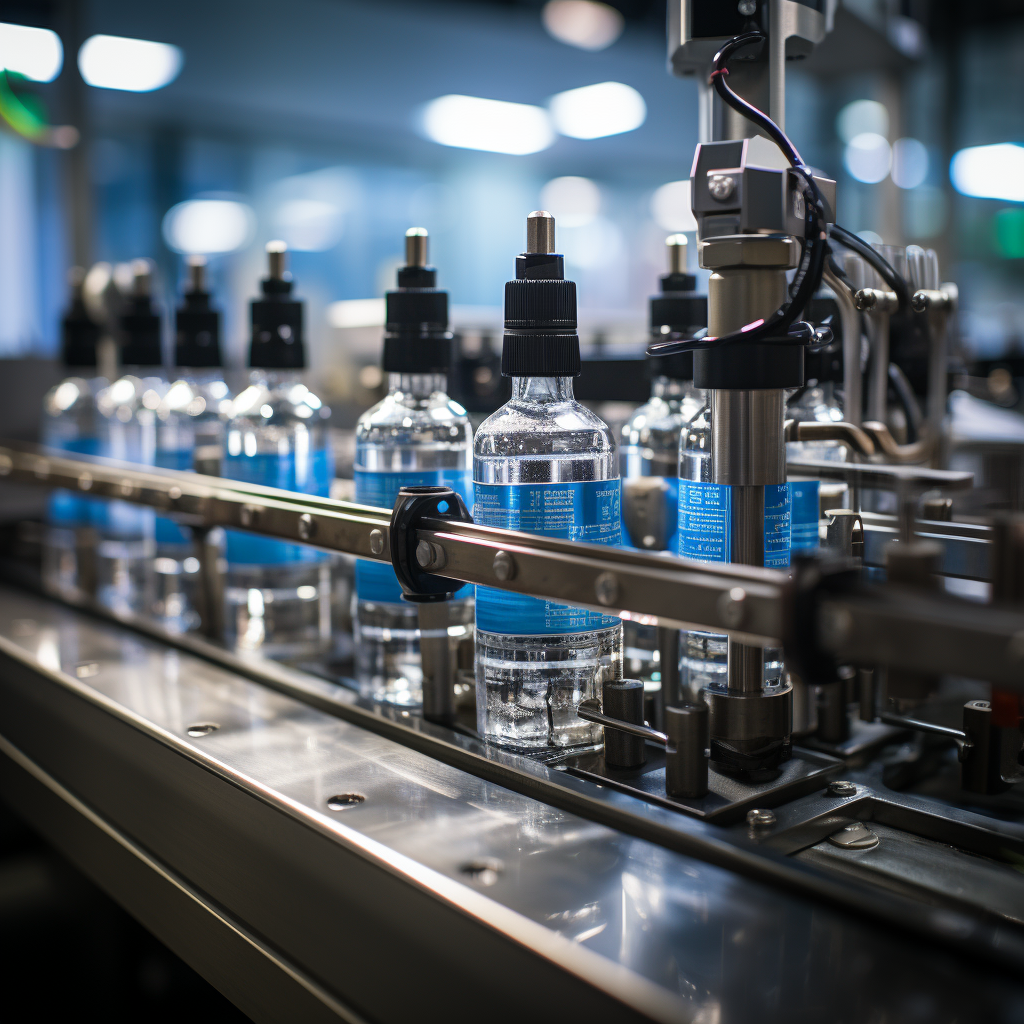
V. Production Efficiency and Speed
Efficiency and speed are paramount in the minds of discerning buyers when considering bottle filling machines. Prospective buyers not only seek to understand the machine’s hourly production capacity but also its ability to sustain uninterrupted production. In an era where meeting high production demands is imperative, the efficiency of achieving this takes precedence.
Efficiency not only relates to speed but also to the machine’s ability to minimize waste, reduce downtime, and optimize resource utilization. Buyers are keen to invest in machines that can consistently deliver high-speed and efficient filling processes while ensuring accuracy and minimizing product loss.
Liquid filling systems are the heart of any bottling operation. They encompass a spectrum of machinery, including automatic liquid filling machines and semi-automatic fillers, designed to cater to different production scales and requirements. These systems ensure that bottles leave the production line impeccably filled, ready for labeling and distribution.
VI. Automation and Intelligent Controls
In an age of technological advancement, the integration of automation and intelligent controls in bottle filling machines has become a compelling and desirable feature. Buyers actively seek machines that not only fill bottles but also have the capacity to adapt, self-adjust, and even learn from past operations. These intelligent machines significantly reduce the potential for human error, ensuring consistent fill volumes and streamlined filling processes.
For those who prioritize efficiency and accuracy, automatic liquid filling machines emerge as an enticing solution. These machines are engineered to handle the intricate task of liquid dispensing with meticulous precision. Whether it’s pharmaceutical syrups, specialty sauces, or beauty serums, automatic filling machines can consistently and rapidly fill containers of various sizes and shapes. Their integration into production lines offers unparalleled speed and reliability.
Automation also extends to self-diagnosis and reporting, allowing operators to monitor machine performance and address issues proactively. Manufacturers that offer these smart features position themselves at the forefront of innovation and efficiency, making their machines highly appealing to forward-thinking buyers.
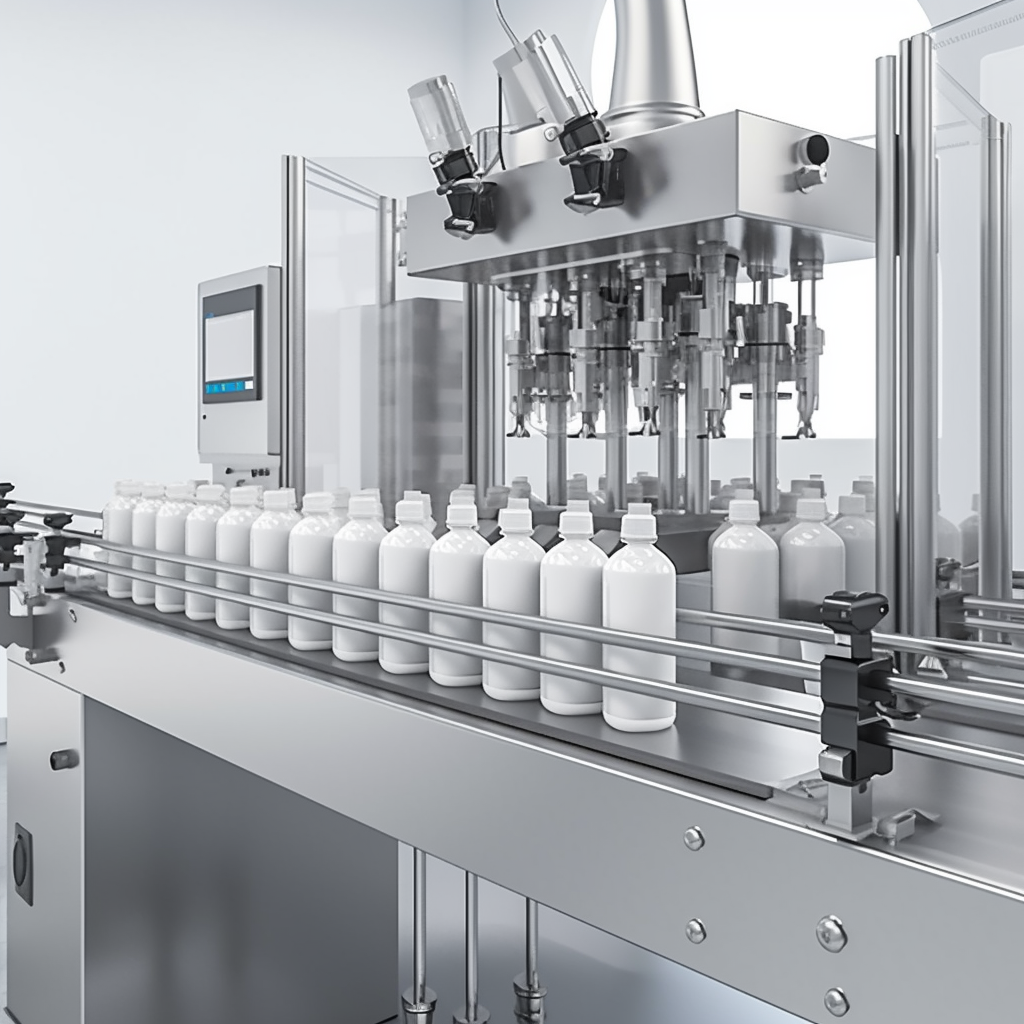
VII. Maintenance and Support
Buyers, with an eye on the future, consider the long-term relationship with their bottle filling machine. Maintenance is a crucial aspect to ensure the machine operates at peak efficiency throughout its lifecycle. As such, prospective buyers inquire about maintenance requirements, including frequency and complexity.
Additionally, the availability of timely technical support and efficient repair services is of great importance. Manufacturers who stand behind their products and provide unwavering support instill confidence in their buyers. This support not only minimizes downtime but also ensures the continued reliability and performance of the machine, safeguarding against potential production interruptions.
VIII. Cost-Effectiveness
Cost-effectiveness is the overarching consideration that permeates every facet of the purchase decision. Buyers meticulously evaluate not only the initial purchase price but also the operational costs that will accrue over time. They engage in astute calculations to ascertain the return on investment and the ultimate cost-effectiveness of the machine within the context of their production operations.
Cost-effectiveness extends beyond the machine’s purchase price and includes factors such as energy efficiency, maintenance costs, and the overall total cost of ownership. Buyers seek machines that not only meet their production needs but also provide a sustainable and economically viable solution for their operations.
The selection of an ideal bottle filler machine stands as a decision with far-reaching implications, impacting not just the efficiency of production but the very essence of a business’s operations. Buyers who weigh the considerations of precise liquid volume control, adaptability, hygiene, production efficiency, automation, maintenance, and cost-effectiveness do so with the knowledge that these decisions ripple through every facet of their manufacturing endeavors.
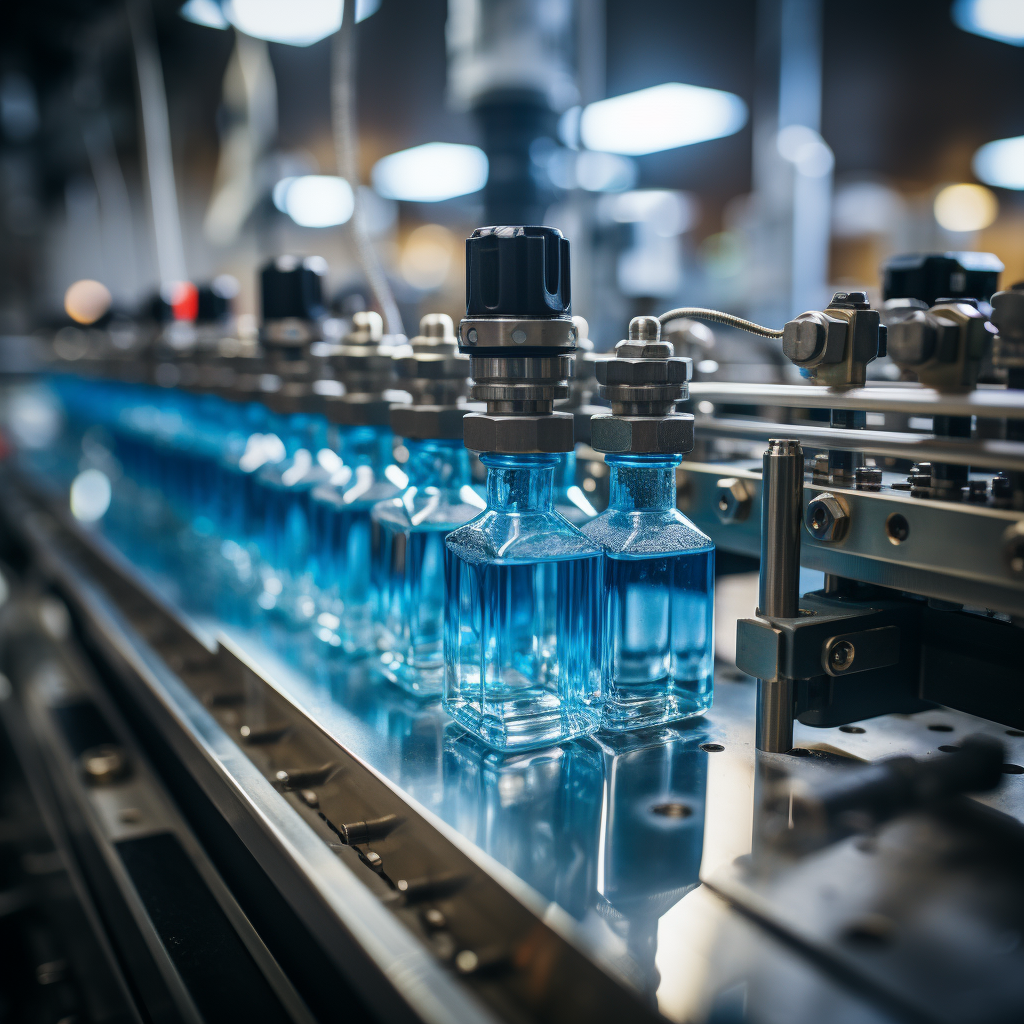
In the realm of liquid filling machinery, finding the perfect fit for your production needs is paramount. Manufacturers offer a wide array of options, from benchtop fillers suitable for small-scale production industries to high-speed, fully automatic liquid filling machine for large-scale operations. When selecting a liquid filler, consider factors like your production volume, the viscosity of your liquids, and the level of automation required. Finding the right balance ensures that your investment aligns seamlessly with your production goals.
